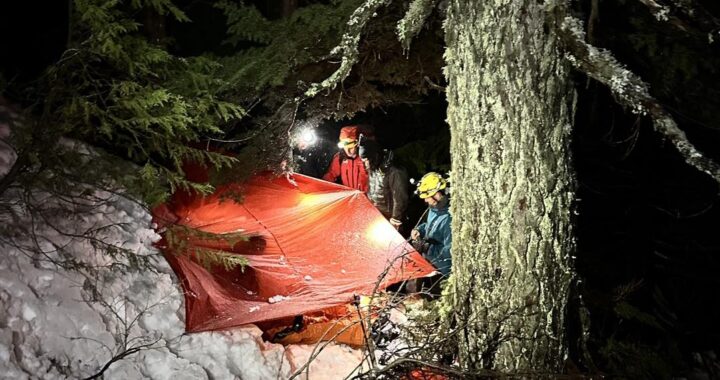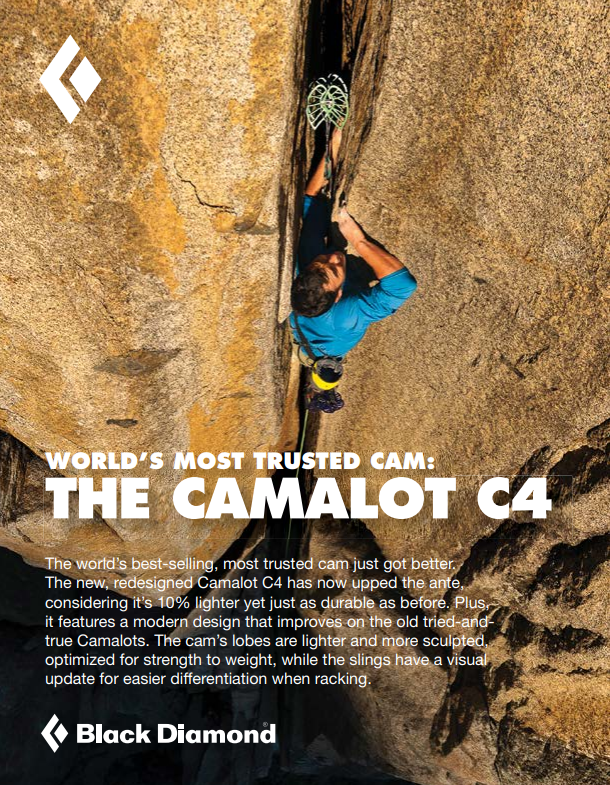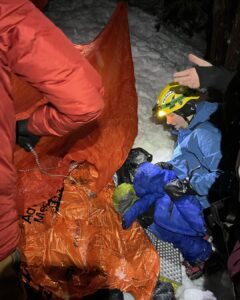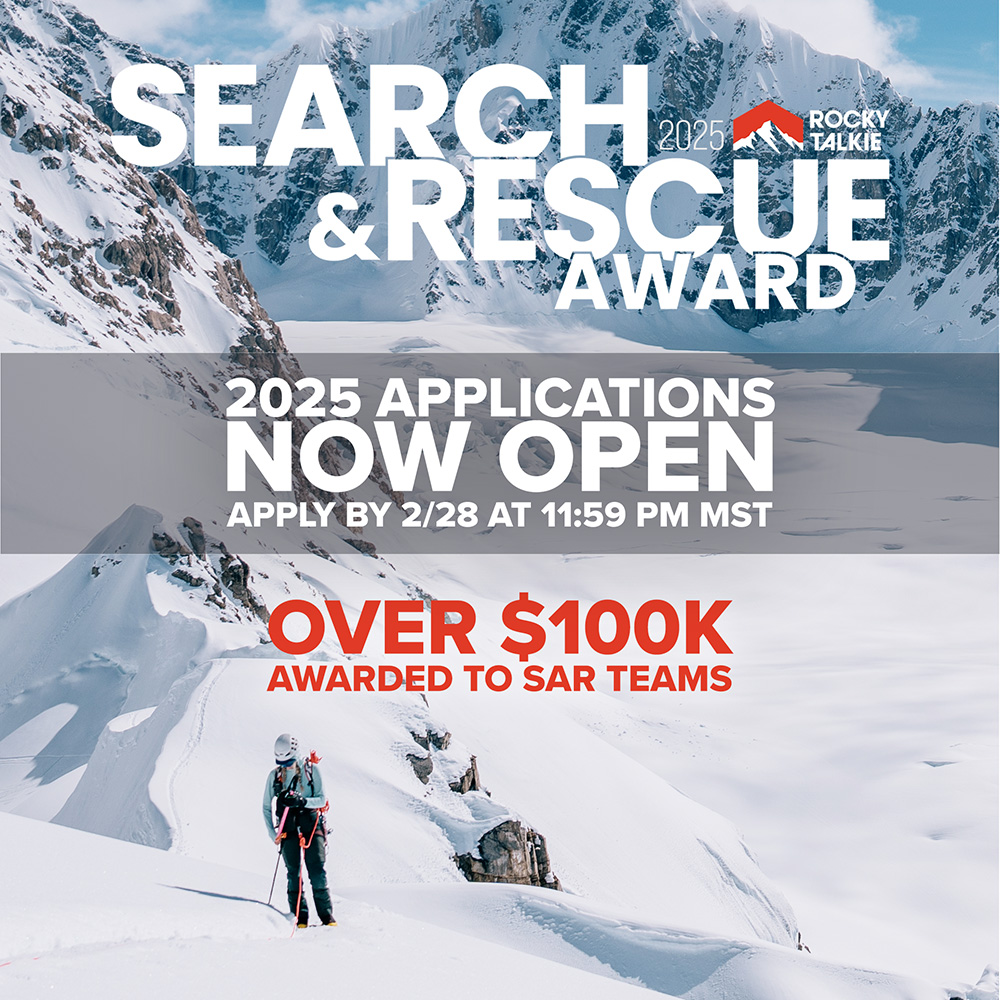Vancouver, British Columbia – What was hoped to be a simple hike near the city of Vancouver turned into a race for rescue. On the evening of February 20th, North Shore Rescue received the call that a group of five hikers, unprepared for winter conditions, had become stranded on Lynn Peak near the south needle. The 1,100-meter peak, which sits just north of town, is a three-hour trek in the summer that gives hikers a view of the city. But in the winter it can be an “aggressive, technical route,” according to NSR search manager Dave Barnett. Some slopes carry avalanche danger and require technical equipment to ascend safely.
“[The group] did a few things right. They called, stayed together and stayed in their location after calling for help,” said Barnett, “they also let their family know where they were going.” But besides the communications, the hikers were not prepared for winter conditions. They did not have the right clothing or footwear for the snowy conditions. “They shouldn’t have been in that area in the first place. They weren’t familiar with it and weren’t trained for those kinds of conditions,” he added. No one in the group had a headlamp and they drained their phone batteries by trying to use them as a light source.
Two NSR teams hiked in from Hydraulic Creek to the Lynn Peak trail. They located the group two and a half hours later on a steep slope. The teams set up a rope system in order to safely descend and examine the subjects and set up a shelter. They found two of the five subjects were showing symptoms of hypothermia and likely would not be able to walk themselves out. The team decided that those two would need helicopter extraction. Before they could hoist them out, they placed the two subjects in harnesses and moved them up the slope to a clear space.
NSR works with Talon Helicopters on rescue missions across their coverage area. NSR has volunteers who are trained to hoist subjects to safety. The unit is one of only a few in British Columbia that can fly night rescue missions. The first attempt at extraction was unsuccessful due to low cloud cover, however the weather cleared a few hours later allowing both hypothermic subjects to be evacuated. Both were brought back to the incident command post where they were assessed then released by paramedics. The rest of the team walked out with NSR volunteers, finishing the mission by 0400.
NSR pushes for hikers to be prepared when going outside, even to areas that are close to Vancouver. The mission could have been easily avoided had the subjects in this case turned around after hitting conditions they weren’t prepared for. NSR tries to help people be prepared through social media campaigns as well as in-person events. Barnett says they get called at least once a week to speak at events for preventative search and rescue and have a dedicated public education group for such events. The team does 40-50 events per year. While there are clear examples of what to do and not do in the wilderness, Barnett says they need to be careful to avoid laying blame on rescued subjects when detailing the circumstances around missions.




